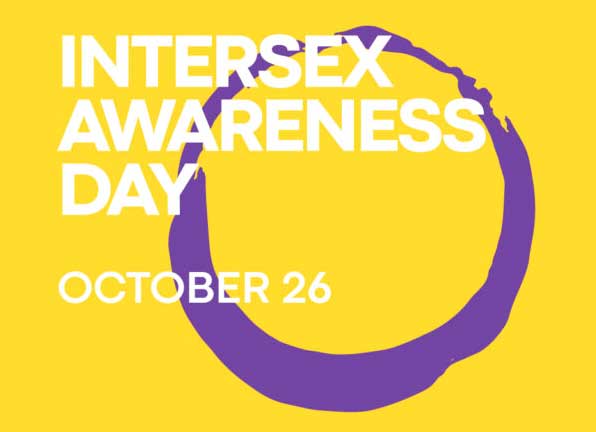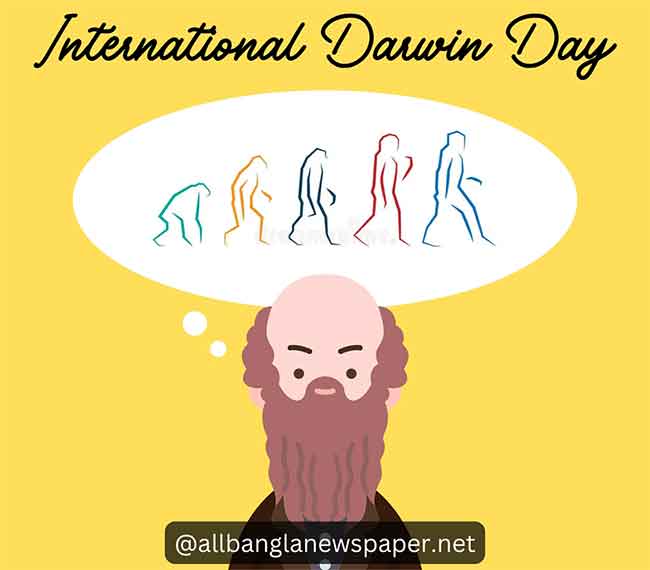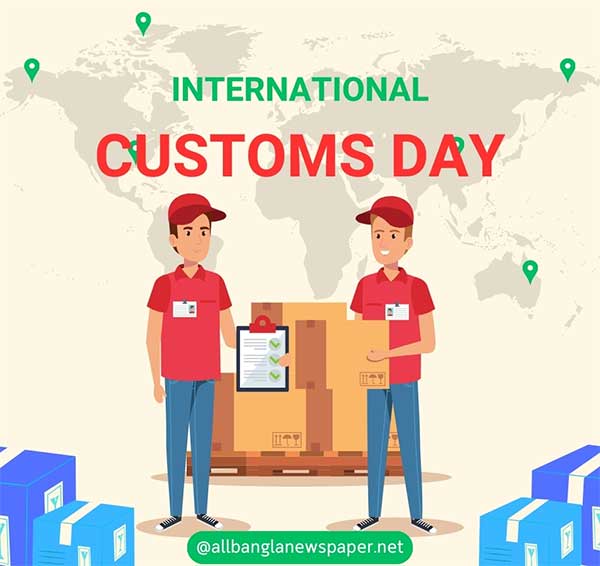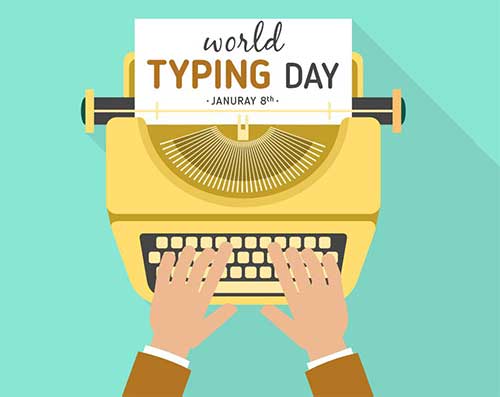
Introduction
Intersex Awareness Day is a significant annual event dedicated to raising awareness about intersex people and the challenges they face. Celebrated on October 26, this day is an opportunity to inform the public about intersex individuals, their rights, and the importance of acceptance. It shines a spotlight on those whose biological characteristics don't fit typical definitions of male or female. #IntersexAwarenessDay helps break the silence around a subject that has historically been shrouded in misunderstanding and stigma.

What is Intersex?
Intersex refers to individuals born with physical sex traits that do not fit conventional definitions of male or female. These traits can appear in various ways, involving chromosomes, hormones, genitalia, or reproductive organs. Intersex is not the same as gender identity, which relates to how individuals identify themselves as male, female, or another gender. Being intersex is about biology, while gender identity is about how a person feels internally.
History of Intersex Awareness Day
Intersex Awareness Day has its roots in a protest held in Boston, Massachusetts, in 1996. A group of #IntersexIndividuals and allies gathered to speak out against unnecessary and harmful medical procedures performed on intersex infants. This event marked a pivotal moment in the fight for intersex rights, sparking a global movement that has continued to grow. Since then, Intersex Awareness Day has become an annual observance, with events and activities aimed at education and advocacy.
Why is Intersex Awareness Day Important?
Intersex Awareness Day is essential because it helps dismantle the stigma and ignorance that many intersex people face. Historically, intersex individuals have been subjected to invasive surgeries without consent, pressured to conform to societal norms, and marginalized in healthcare and law. By educating the public, this day promotes a more inclusive society where intersex individuals are accepted for who they are. It also creates a platform for advocacy, pushing for policies that protect Intersex Rights.
Challenges Faced by Intersex Individuals
Intersex individuals often face significant challenges throughout their lives. Many are subjected to surgeries and medical interventions at a young age to "normalize" their bodies, often without their consent. These procedures can have long-term physical and psychological effects. Beyond the medical sphere, intersex people frequently encounter discrimination, social isolation, and a lack of legal recognition. The pressure to conform to binary notions of gender can be overwhelming, leading to mental health struggles and a sense of alienation.
Intersex and Human Rights
Intersex issues are deeply intertwined with human rights. The United Nations, along with other global organizations, has recognized the importance of protecting intersex individuals from discrimination and harm. Many intersex people face violations of their fundamental rights, such as bodily autonomy and access to adequate healthcare. The global community is beginning to acknowledge these issues and push for more robust protections, though much work remains.
Medicalization of Intersex Bodies
For decades, the medical field has viewed intersex variations as conditions that need correction. In many cases, doctors would perform surgeries on intersex infants and children to align their bodies with conventional male or female categories. These surgeries were often irreversible and carried significant risks. Recently, there has been a growing call for these procedures to be stopped unless the individual can consent. The movement advocates for bodily autonomy and the right to make informed decisions about one's body.
Prominent Intersex Advocates
Several intersex advocates have played crucial roles in raising awareness and fighting for #IntersexRights. Individuals like Pidgeon Pagonis and Hida Viloria have used their platforms to share their experiences and campaign for the intersex community. These advocates have contributed significantly to changing the conversation around intersex issues, helping to shift the narrative from one of shame to one of pride and empowerment.
Educational Resources and Support for the Intersex Community
Many resources are available to those seeking to learn more about intersex issues. Books like The Intersex Human Rights Movement and documentaries like Intersection provide in-depth insights into intersex people's experiences. Additionally, organizations like Interact and the Intersex Society of North America (ISNA) offer support and advocacy for intersex individuals and their families.
Global Recognition and Events on Intersex Awareness Day
Intersex Awareness Day is celebrated worldwide with a variety of events aimed at educating the public and promoting intersex rights. From panel discussions to social media campaigns, activists and allies use this day to highlight the issues facing intersex people. Different countries observe the day uniquely, but the message remains the same: acceptance and recognition for all individuals, regardless of their biological traits.
United Nations Day and Its Connection to Intersex Awareness
In discussing global efforts to protect human rights, the significance of other international observances is worth noting. For instance, "United Nations Day: Honoring Global Peace and Cooperation" reflects the world's commitment to safeguarding the rights of all people, including marginalized groups like the intersex community. Intersex Awareness Day aligns with this broader mission by advocating for dignity, equality, and justice.
How to Support Intersex Rights
Supporting intersex rights can be as simple as spreading awareness. Social media campaigns, educational workshops, and petition signings are all ways to get involved. Being an ally means listening to intersex individuals, amplifying their voices, and advocating for policies that protect their rights. It's crucial to create spaces where intersex people feel safe, supported, and heard.
Intersex Rights and Legal Progress
There has been some legal progress for intersex rights in recent years. Several countries have started recognizing intersex people in their legal frameworks, offering protections against discrimination. For instance, in Malta, it is illegal to perform non-consensual surgeries on intersex children. While these victories are significant, more needs to be done on a global scale to ensure intersex individuals are afforded the same rights and protections as everyone else.
Intersex Awareness Day in Schools and Educational Institutions
Educational institutions play a vital role in raising awareness about intersex issues. By including intersex topics in school curriculums, students can learn about the diversity of human bodies and the importance of inclusivity. Many schools and universities are now recognizing Intersex Awareness Day with events, workshops, and educational materials, helping to foster a more inclusive environment for future generations.
Conclusion
Intersex Awareness Day is a powerful reminder of the importance of inclusivity and respect for all individuals, regardless of their biological traits. It's a day to celebrate diversity, promote understanding, and advocate for the rights of intersex people. By raising awareness and challenging harmful norms, we can create a world where intersex individuals are free to live authentically without fear or discrimination.
FAQs
What is Intersex Awareness Day?
Intersex Awareness Day is an annual event held on October 26 to raise awareness about intersex individuals and their rights.
Why is awareness about intersex important?
Awareness is essential to combat stigma, educate the public, and advocate for the rights and acceptance of intersex individuals.
Does the law protect intersex individuals?
In some countries, intersex people have legal protections, but many places still lack comprehensive laws that safeguard their rights.
What are some challenges faced by the intersex community?
Intersex individuals often face medical interventions without consent, discrimination, social isolation, and a lack of legal recognition.
How can I learn more and support intersex rights?
You can support intersex rights by educating yourself, raising awareness, supporting advocacy groups, and being an ally to intersex individuals.



